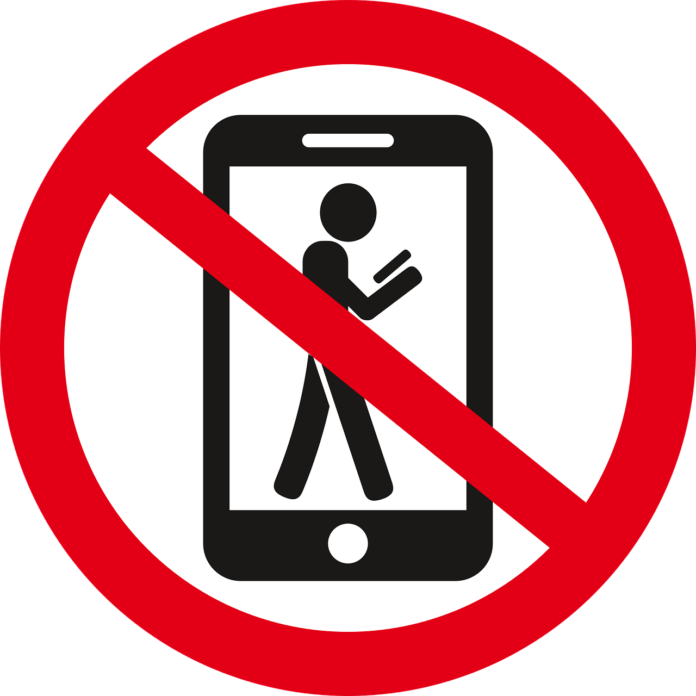China’s government has recently taken a step in its ongoing efforts to reduce reliance on foreign technology and enhance cybersecurity. Chinese officials at central government agencies are now prohibited from using foreign-branded phones, including Apple’s iconic iPhone, within their offices or for government-related tasks. This move is part of China’s broader strategy to bolster its cybersecurity defenses and safeguard sensitive data from falling into foreign hands.
China is one of Apple’s most prominent markets and plays a crucial role in the company’s supply chain. Despite gradually shifting manufacturing to other countries like India, China remains integral to Apple’s operations. This has led Apple to make certain concessions in the past, such as modifying its iOS software to align with Chinese regulations. This directive underscores China’s determination to reduce its dependence on American technologies, even affecting prominent companies like Apple.
This isn’t the first instance of China restricting the use of iPhones within government agencies. Some agencies had already banned iPhones, and China had previously prohibited officials from utilizing other foreign-made technology. In addition to iPhones, there were reports of restrictions on using Tesla vehicles by military and government personnel, prompting Tesla to store Chinese car data locally.
In response to China’s move, it’s worth noting that the United States has also implemented bans on foreign technology, including actions against companies like Huawei and ZTE and ongoing efforts to ban TikTok at various governmental levels. Furthermore, chip sales bans targeting China and Russia have recently expanded to include Middle Eastern countries, albeit with denials from U.S. officials regarding the Biden administration’s involvement.
China’s latest directive to ban iPhones and foreign-branded devices in government offices adds a new dimension to the ongoing tech rivalry between the United States and China. While this move may raise concerns for foreign companies operating in China, it reflects China’s longstanding ambition to reduce its dependence on foreign technology. For over a decade, China has been pushing state-affiliated entities, such as banks, to adopt local software and promote domestic semiconductor chip manufacturing.
The intensified focus on self-reliance in technology escalated in 2020 when China introduced the “dual circulation” growth model, aiming to reduce reliance on overseas markets and technology. This strategy has gained momentum as data security concerns have grown. In response to tensions, the United States has cooperated with its allies to restrict China’s access to crucial equipment for its chip industry. At the same time, China has imposed restrictions on U.S. companies, such as Boeing and Micron Technology.
Apple’s ban within government offices aligns with similar actions taken by the United States against Chinese tech giants like Huawei and ZTE and U.S. institutions’ ban on TikTok usage. This tit-for-tat approach in the ongoing tech rivalry between the two superpowers highlights the broader geopolitical context of these restrictions.










